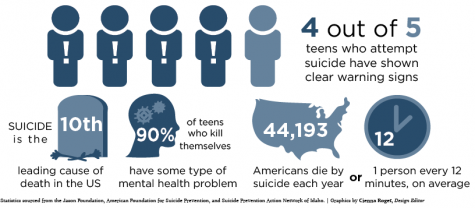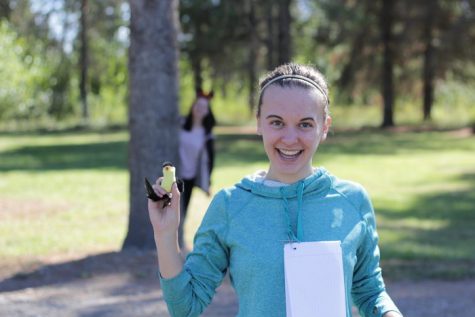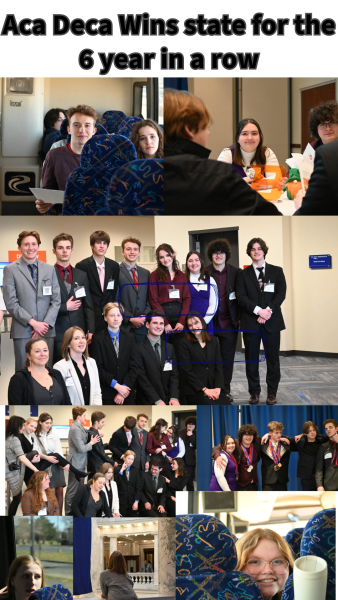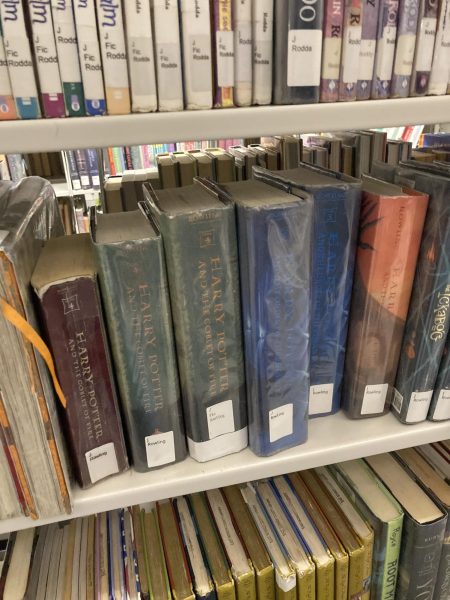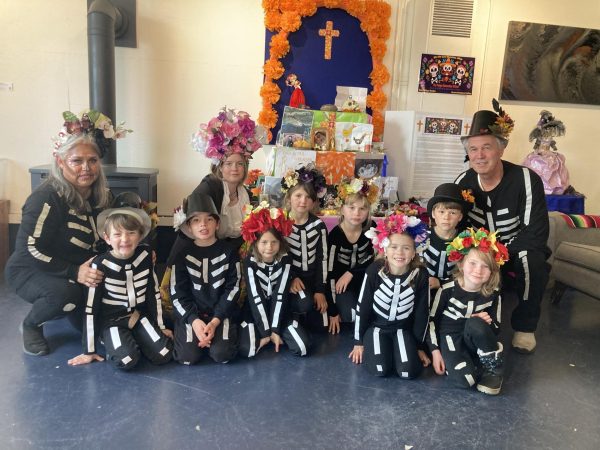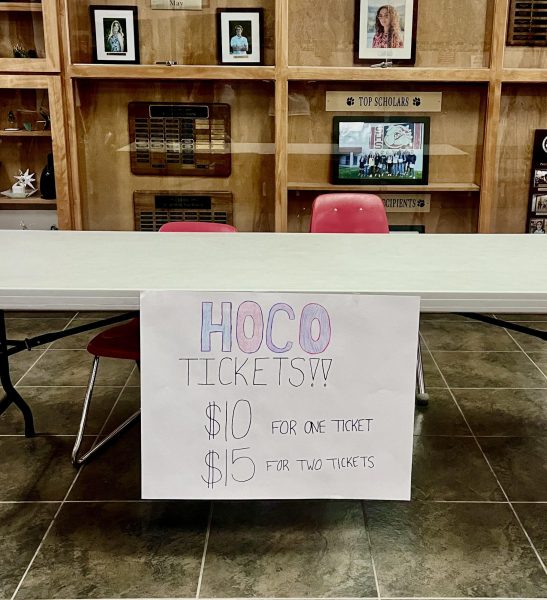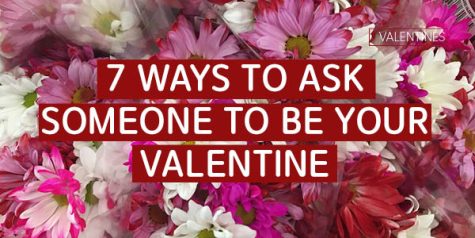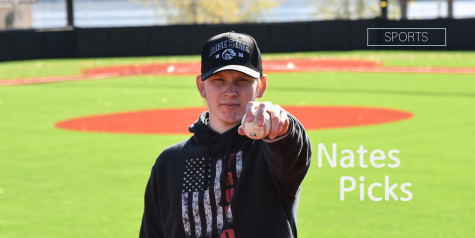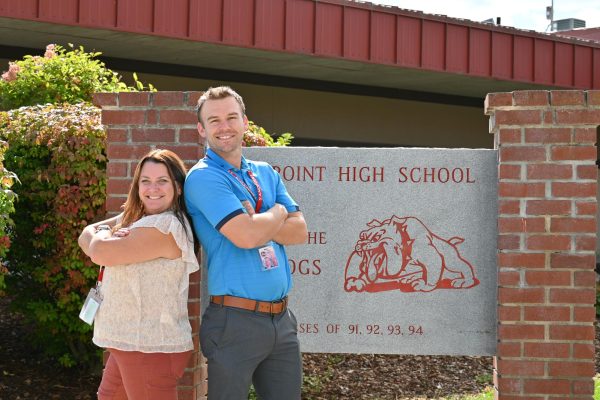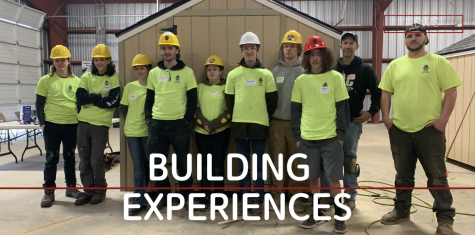IS IT CONNECTING?
Students and counselors evaluate after the first semester of Connections
As students look back on a semester of the new Connections program reviews on its effectiveness are varied.
The intention of Connections, as the name suggests, is to connect students to each other to draw strength from in tough times and to celebrate with in good times, however its implementation following four student suicides over two years cannot be denied.
“The main focus of [Sources of Strength] is suicide prevention, however it also addresses strengths and other things just to help strengthen you as a person, so it’s not all just focusing on suicide,” guidance counselor Cindy Albertson said.
Although Albertson cites suicide prevention as the main focus of Connections, many students feel that the topic of suicide has not been addressed by the program.
“It seems like they’re just trying to play catch up,” senior Nathan Roe said. “There was no discussion of suicide or suicide prevention in my first two years of high school, and then as soon as the first suicide happened they just sort of opened the floodgates.”
As for the tangible effectiveness of the Connections program, students remain skeptical.
“I don’t feel like Connections is actually going to be a very long-term beneficial thing,” sophomore Katya Keseloff said. “I feel like there’s a better solution, which is overall everyone working on positivity as a constant thing instead of just an every once in a while or once a month kind of a thing.”
Albertson, on the other hand, said that the counseling department has already begun to see payoffs from the program.
“The payoff that we can see right away is that kids are referring,” Albertson said. “They’re breaking the code of silence and they’re referring their friends. They’re reporting more to counselors or to their mentors who then report to us.”
Apart from uncertainty that Connections will have the impact desired by the administration and counseling department, students are hopeful that with some changes Connections could be what the school is looking for.
“[Connections] absolutely could be a beneficial thing,” Roe said. “I think that people from different classes and experiences and backgrounds being able to come together and share ideas has potential to be really good, but I think that there needs to be some serious remastering of the way that it’s operated.”
Although upperclassmen are skeptical, many underclassmen are not as quick to criticize Connections.
“I don’t really hate connections,” freshman Ethan Darling said. “It’s good to kind of get around and meet with people.”
Still, the greatest benefit of Connections cited by all students was a break in the middle of the day to “unwind” and “not really have to think” in the words of Keseloff and Roe respectively.
“Most of the time all we’re doing are generic icebreaker activities,” Roe said.
While the future of Connections and the changes that will be made are uncertain, Albertson said she welcomes feedback and ideas for improvement from the student body.
“Ideally, I would like [Connections classes] to meet more often so that […] they would really know each other, and I think that’s kind of one of the downfalls this year,” Albertson said. “If you start as a freshman you’re going to stay in that same group for four years, so that’s going to add up to some pretty quality connections. If we wait […] those connections can get stronger.”

Hannah Fingel is a Senior and is News Editor for the Cedar Post. This her first year on staff.
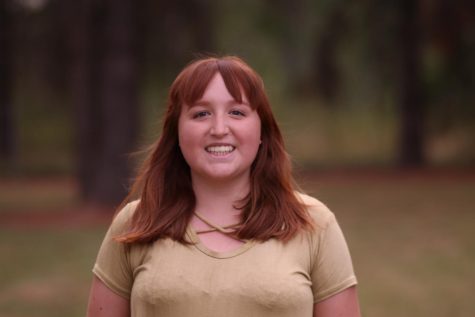
Cienna Roget is a senior and it is her second year on staff. She is the managing editor.


